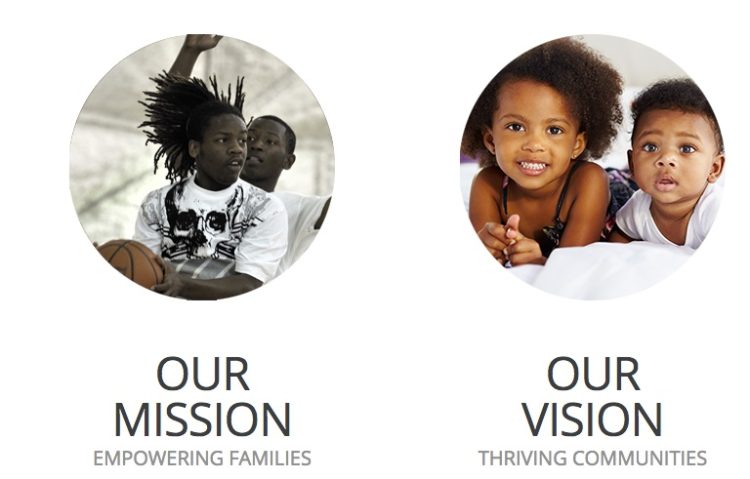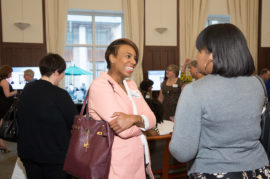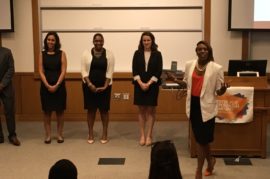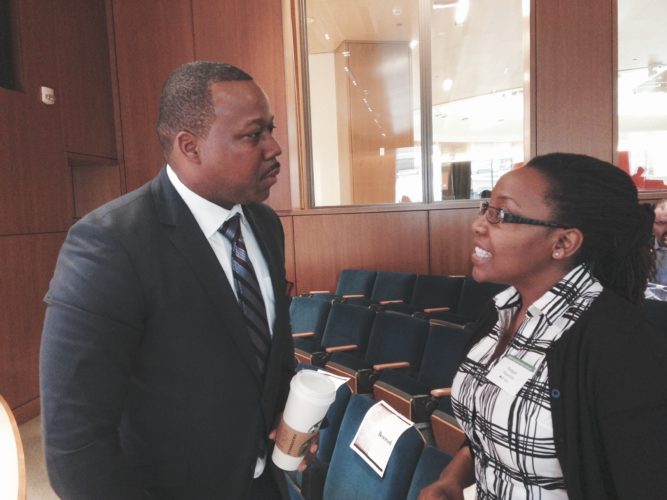This was written by the current Olin/United Way Board Fellows Program students who agreed to share their feedback anonymously from a recent survey. It was compiled by Amy VanEssendelft, CEL Senior Program Manager.
The Center for Experiential Learning provides an opportunity for MBA, PMBA and EMBA students to serve for a full year as a voting member of a local United Way member organization’s board through the Olin/United Way Board Fellows Program. Al Kent serves as the program director for this opportunity. Al has been a member of over a dozen nonprofit boards throughout his life.
Every year, he outlines goals (highlighted below) for the students who participate in this program. Under each goal are comments from current students who are participating in the program. These comments demonstrate how each goal is in the process of being achieved, especially with, and in spite of, the current COVID-19 challenges.
Work to define and solve an ambiguous problem
“I really appreciate the support and autonomy I’ve been given for my project. I have built an understanding of the board dynamic and have gained support from key stakeholders.”
“As I go forward, I have continued to learn to be agile and adaptive and look at creative ways to develop the advocacy campaign within (my agency) despite the limitations the current environment has placed on us.”
“The president of my board said something in my first meeting which I remember vividly: If an organization succeeds, everyone is responsible for that success. However, if an organization fails, it is the board’s fault.”
Deepen understanding of leadership
“This has given me a different perspective on the leadership role boards play, and is particularly poignant right now during this crisis as our board is faced with incredibly difficult decisions.”
“Watching how the executive director navigates the board and rallies them to action has been an incredible learning opportunity for me.”
“In the most recent board meeting, I was able to witness in real time how an organization’s leadership communicates about and responds to a crisis like the COVID-19 pandemic.”
“I’ve observed how people bring their diverse backgrounds to the table and how interactions proceed when experienced leaders have a common goal.”
Understand how nonprofits work and learn board governance
“They are mission-driven and conscious about their budget/strategy/customer services just like any other entity.”
“I’m very surprised that a nonprofit could do such an amazing job and run like a corporation.”
“Now, I see the crucial role they play in setting budgets, hiring directors, and truly deciding the direction of their organization.”
“Participating in all the board committee meetings helps me understand how everything comes together.”
Develop a professional network and build passion
“I have had the opportunity to interact with very high-impact individuals who are passionate about their mission and vision.”
“It is clear that the board members are not just there because they are high dollar donors, but instead because they are incredibly engaged and passionate about the mission.”
“Their positivity is infectious and this motivates me to go forward.”







 The
The 




